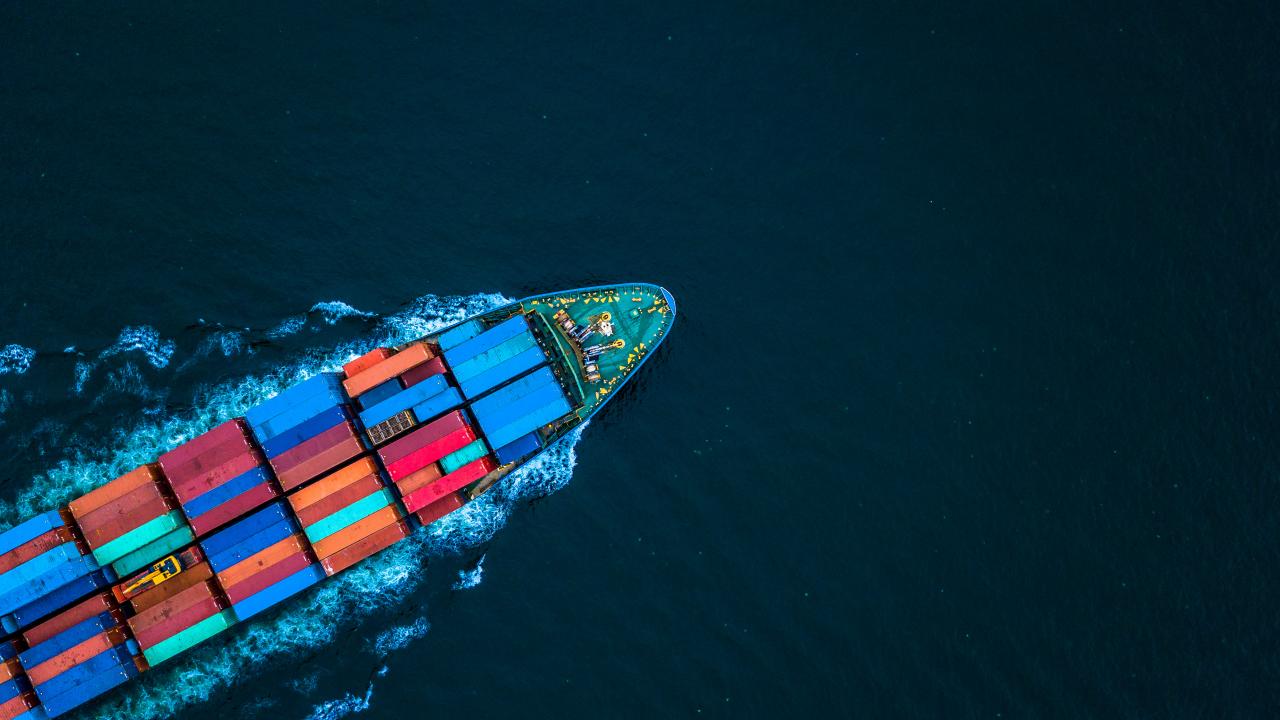Hanken receives significant EU-funding to make transport networks more resilient and sustainable

“Our transport networks have never been so disruptive as they are today. We want to make the networks more resilient and more sustainable for the future”, says assistant professor Sarah Schiffling at Hanken's HUMLOG Institute.
The funding is part of the Horizon Europe project ReMuNet (Resilient Multimodal Transport Network), which is running from 1 July 2023 to 30 June 2026.
Key reasons behind the current vulnerability of our transport systems are well-known to all of us: the coronavirus pandemic, the war in Ukraine and climate change.
“Last summer, for example, was so hot that big rivers like the Rhine dried up. The freight had to be moved from large ships to road transport, which is not the most environmentally friendly alternative. There are also smaller, localised disruptions due to climate change, like an increasing amount of forest fires, flooding and mudslides. Our project is looking at how we can provide better transport alternatives in Europe when these things happen”, Sarah Schiffling explains.
Focusing on major transport arteries across Europe
The project is looking at resilience across different transport modes and is focusing on some of the major transport arteries within Europe: from the Netherlands to the Black Sea on the Rhine and Danube, and on transports from the North Sea into the Baltic Sea. The Hanken researchers are, among other things, going to create a typology of disruptive events. Later on in the project, they will conduct a case study on delivering humanitarian aid to Ukraine, using road, rail, and waterway transport, accounting for the disruptions experienced in a war zone.
The research project is a co-operation between various organizations across Finland, Denmark, Belgium, Germany, and Austria. Members of the consortium include, among others, the port of Vienna, the Danish Red Cross and the Finnish Meteorological Institute, as well as academic partners. The consortium is led by Aachen University in Germany.
“Besides looking at short-term solutions, we also want to look at long-term trends. The Meteorological Institute will help us model what is happening in the next decades: how will the climate continue to affect our transport networks in the future.”
The target groups of the project are, among others, policymakers, infrastructure and transport providers and humanitarian organizations. However, Sarah Schiffling states that these issues affect everybody.
“The disruptions are not going to get fewer, on the contrary, and it´s a worldwide issue that we need to learn how to deal with. But we're trying to lay the groundwork here that the global transport systems can keep going.”
Text: Jessica Gustafsson


